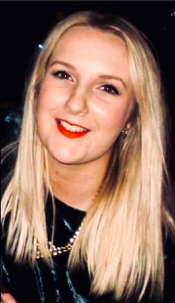Parenthood can be understood as a choice and consequence of ordinary adulthood; it confirms adult status and shapes self-image and identity. However whilst there is growing acknowledgement that young people with learning disabilities should be recognised as sexual actors, questions regarding choices and desires for parenthood, remain under-explored within the academic literature. Medical and social visionaries of disability have deemed ‘normativity’ as a prized cultural status which appears to deny that young people with learning disabilities could or indeed should be parents. Those that do become parents are a priori assumed to be incompetent, while for many young people with learning disabilities, parenthood remains unrealised.
The aim of my research is to explore how young people with learning disabilities think about the possibilities of parenthood, and to further understand how their familial and broader social worlds may influence what they imagine. By combining different qualitative methodological approaches, I aim to use a mosaic of accounts that create a space for young people with learning disabilities to express their perspectives.


